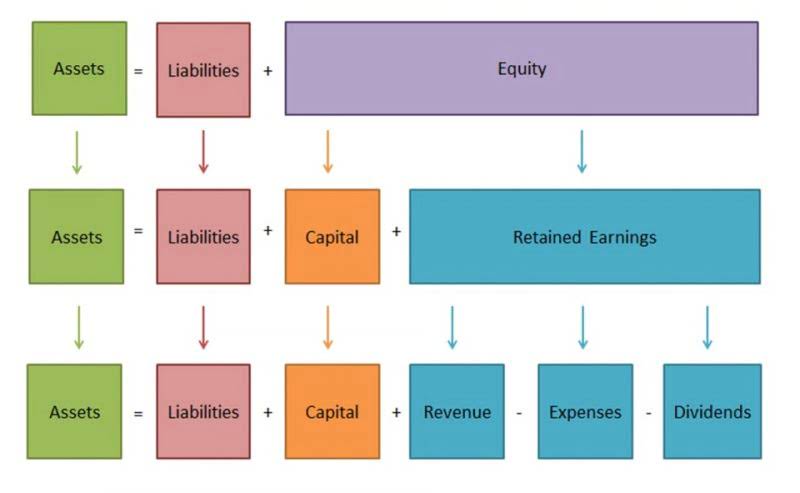
Your chart of accounts is the backbone of your business and is a necessity in order to properly record transactions. While you can certainly buy a ledger book at an office supply store, keep in mind that it’s much easier to set up your chart of accounts if you’re using an accounting software, such as Wave. Accounting software can streamline your bookkeeping process and make your financial management more efficient.
Bookkeepers use a chart of accounts to see all of the accounts in a company’s general ledger. In many instances, an accountant prepares the initial chart, and the bookkeeper references it while recording transactions. Despite the importance of accurate bookkeeping practices, most people don’t feel entirely confident with maintaining detailed business finances. Whether it’s a lack of interest or knowledge, many businesses outsource this process to a professional bookkeeper to ensure accurate and healthy finances all around.
How much should a small business bookkeeper charge?
With a certified bookkeeper designation, you are qualified to perform all critical functions through the adjusted trial balance and basic payroll for small to medium-sized businesses. If you’re a new business owner, you’re likely already spread thin. But if you have the time to dedicate to updating your books regularly, doing your own bookkeeping may be feasible. Your general ledger should be up to date so that your bookkeeping software is able to provide functionality that you can navigate easily. QuickBooks is an excellent option for novice and seasoned digital bookkeepers alike.
- It will help you physically run a periodic stock check to confirm that the inventory products match the record on the books.
- Because the funds are accounted for in the bookkeeping, you use the data to determine growth.
- Small businesses also manage their own accounts receivable to make sure they get paid on time for goods and services that have already been bought or rendered.
- And even worse, you won’t be able to run your business because you won’t know what’s going on financially.
- At first glance, bookkeeping and accounting may seem interchangeable.
- Now that you have a better understanding of bookkeeping, you may be wondering if it’s something you want to take on yourself or with the help of a professional.
On the other hand, if you have in-depth tax and finance knowledge beyond the bookkeeping basics, you may be able to get the job done. You may be hoping for the best and have a few college courses in your back pocket. Even with these tools, you may not have the bookkeeping 101 expertise you need to handle the responsibilities of a bookkeeper. In this final module for Course 1, you will gain an understanding of key accounting assumptions and principles and learn about the different types of accounting methods bookkeepers use.
Do I have the time?
Similarly, you don’t notate outstanding bills until you actually pay them. This method offers a true snapshot of your assets and debts at any given time. Double-entry bookkeeping is the practice of recording transactions in at least two accounts, as a debit or credit.
